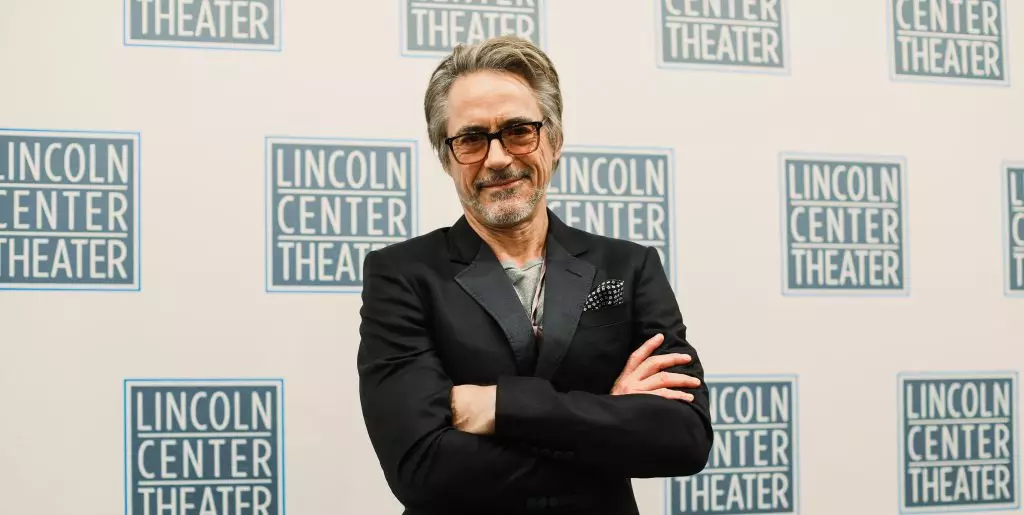The rapid advancement of artificial intelligence (AI) has sparked significant debate within both the entertainment industry and broader society. As AI technology grows more sophisticated, concerns regarding its implications for creative work, especially in recreating the likeness of established actors, have become increasingly commonplace. Among the most vocal critics in this dialogue is Robert Downey Jr., an acclaimed actor known for his iconic role as Tony Stark in the Marvel Cinematic Universe (MCU). His recent statements highlight the ethical and emotional considerations connected with AI, deepfakes, and digital recreations of celebrity personas.
In a recent episode of the podcast “On With Kara Swisher,” Downey shared his thoughts, warning potential future executives against utilizing generative AI to resurrect his character, Tony Stark, in perpetuity. He candidly expressed a complex sentiment: while acknowledging the excessive noise created by the current AI craze, he emphasized the importance of maintaining an authentic emotional life. “I feel about it minimally,” he stated, indicating that the implications of deepfake technology sit in stark contrast to his lived experiences.
Such a stance is not merely a personal preference; it raises profound ethical questions regarding consent, identity, and the essence of artistic representation. Downey’s concern resonates with many who worry that the power to recreate a person digitally undermines the authenticity of the human experience. The risk of an actor’s image being manipulated without their consent is a significant source of anxiety among performers, suggesting that industry standards surrounding AI may need reevaluation.
One of the provocative aspects of Downey’s discussion centered on the future of decision-making within entertainment conglomerates. Despite his confidence in the current leadership at the MCU, he recognized the inevitability of future executives potentially exploiting AI for financial gain. His humorous yet pointed comment about suing future executives underscores a crucial truth: much of the legacy and identity of artists can be commoditized in unforeseen ways.
Downey’s quip about securing legal representation even after his passing suggests an awareness of the shifting landscape around celebrity representation and copyright law. As technological capabilities evolve, so too must the frameworks that govern the use of an individual’s likeness. The interaction serves as a reminder that when navigating the murky waters of AI and legacy, proactive measures may be necessary to protect creative integrity.
During the podcast, Downey emphasized not just a cautious distance from AI technology but also an interest in the motives and ethics of those behind its development. His comments indicate an understanding that technology itself is neutral; the application and implications arise from those who wield it. Downey’s approach to his investments in AI—not financial opportunism but a focus on moral psychology—highlights a critical perspective: technological progression should invite scrutiny regarding its effects on humanity.
Engaging with AI technologies necessitates deeper investigation into who is developing them, what purposes they serve, and whether they contribute positively to society. Downey aptly notes the importance of the individuals steering these innovations, suggesting that moral accountability is paramount in evaluating the AI landscape. Such an outlook positions Downey not only as an actor but also as a conscientious participant in discussions regarding technology’s role in education, artistry, and ethical governance.
As Robert Downey Jr. takes on new artistic endeavors—currently starring in “McNeal”—his engagement with AI continues to evolve. The mixed reviews of the production serve as an example of how artistic endeavors in the AI age can simultaneously spark excitement and skepticism. While Downey remains committed to his craft, he also points to the need for a more thoughtful discourse on the intersection of celebrity, technology, and identity.
With Downey illustrating the potential pitfalls of exploiting AI within entertainment, his voice serves as a reminder that behind every digital recreation lies a human experience, deserving of respect and authenticity. As cultural conversations regarding AI’s impacts continue to develop, artists and audiences alike would benefit from embracing a more nuanced understanding of technology’s role in shaping identity and legacy.
